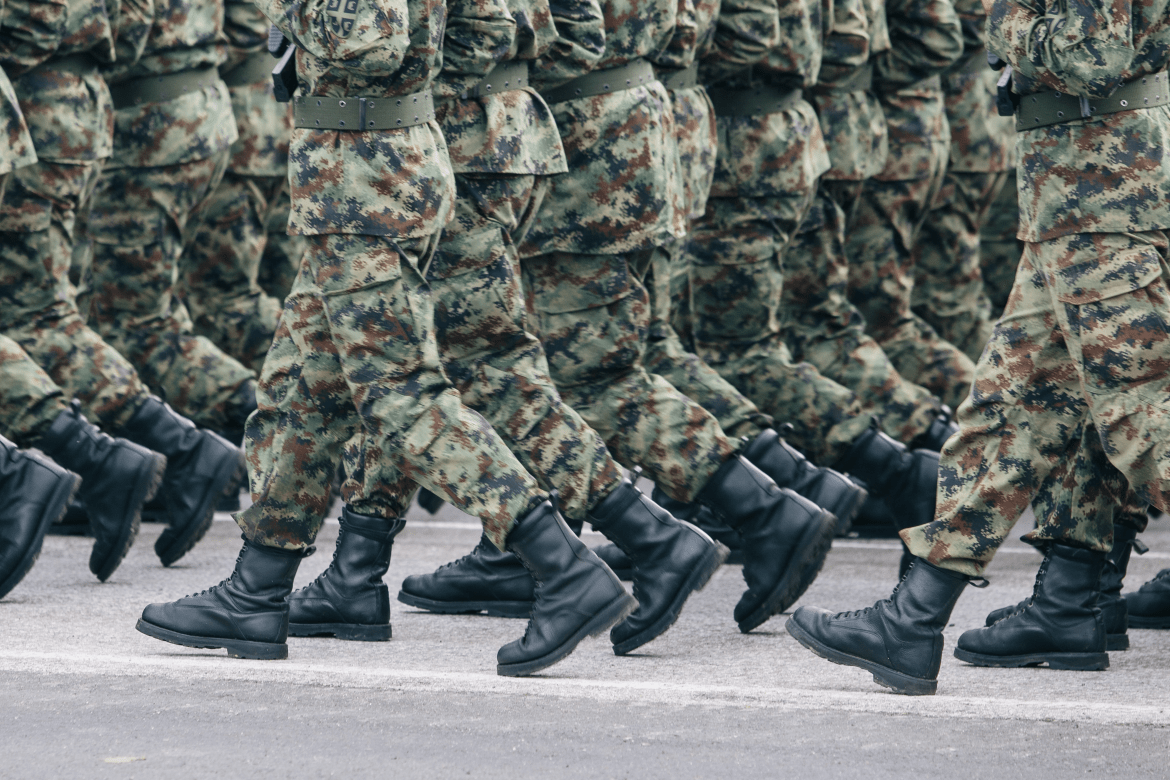Military court expansion is a repressive step

Expanding military courts is a time-tested strategy for strong-arm governments, says Andy Reiter, Mount Holyoke professor of politics.
The expansion of the military judicial system is a time-tested practice that heralds civilian repression, wrote Andy Reiter, associate professor of politics and international relations, in an essay for the Political Violence at a Glance online magazine, which covers the causes and consequences of violence and protest in the world’s conflict zones.
Reiter, together with Brett J. Kyle, is author of “Military Courts, Civil-Military Relations, and the Legal Battle for Democracy,” in which the authors reported that when military courts widen their scope to take control over civilian matters, the legal procedures and protections that citizens take for granted are imperiled.
Citing examples from around the world, they argued that in such cases, countries that face internal conflicts will use military judicial proceedings to squash opposition and stifle democratic dissent.
Beyond that, military courts skirt the public scrutiny and accountability of civil procedures.
“Using military courts is also a way to keep cases out of the public eye,” they wrote. “Most are not accessible to civilians, including the media. Even the US is in the process of building a second courtroom on Guantánamo Bay that will be closed to the public.”
This application of military justice in nonmilitary contexts fundamentally compromises the transparency that is foundational to democratic procedures, said Reiter.
“[G]overnments frequently extend the use of military courts well beyond their intent because, as we show in our research, it is an effective way to shield members of the military from accountability and to prosecute civilian opponents.”